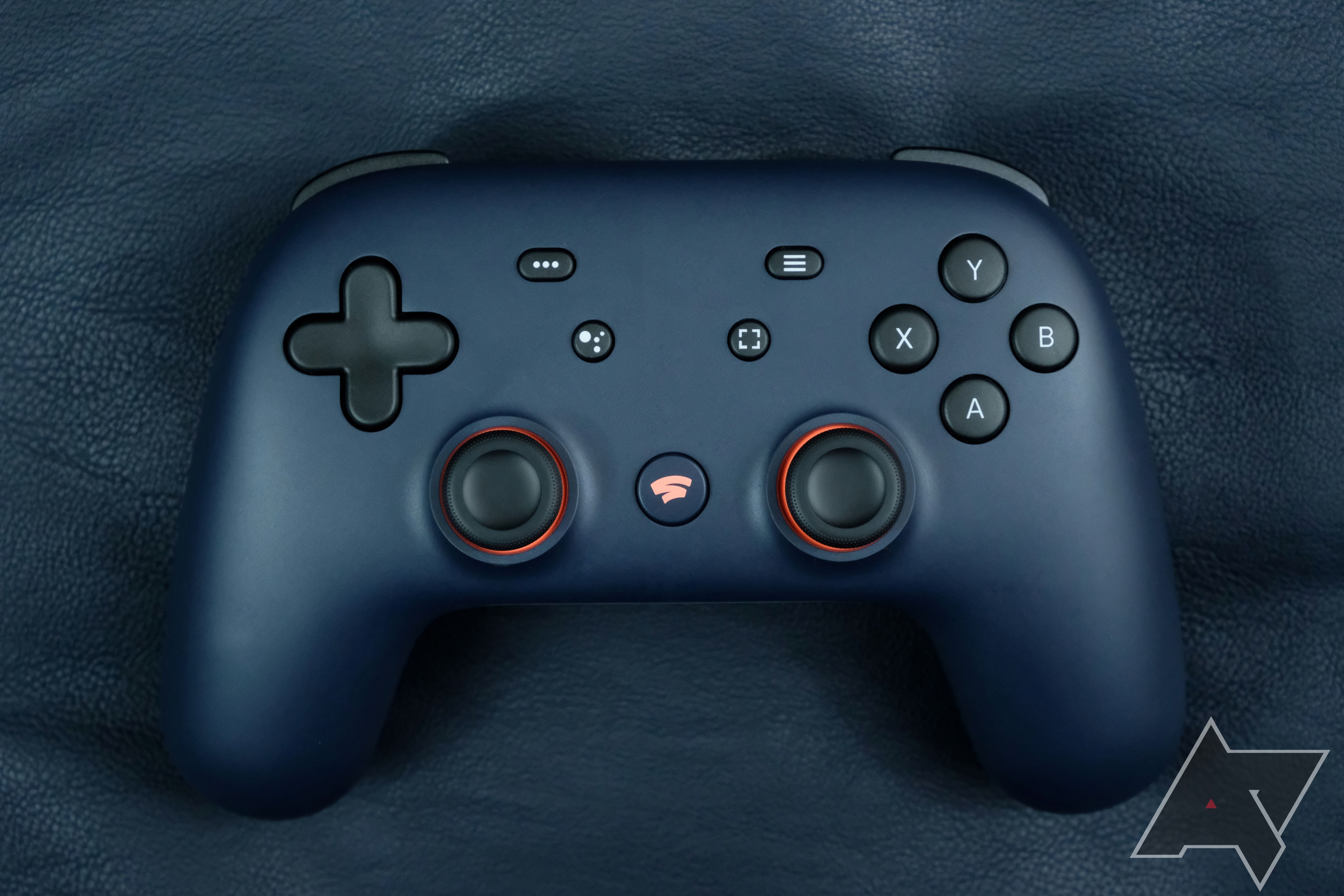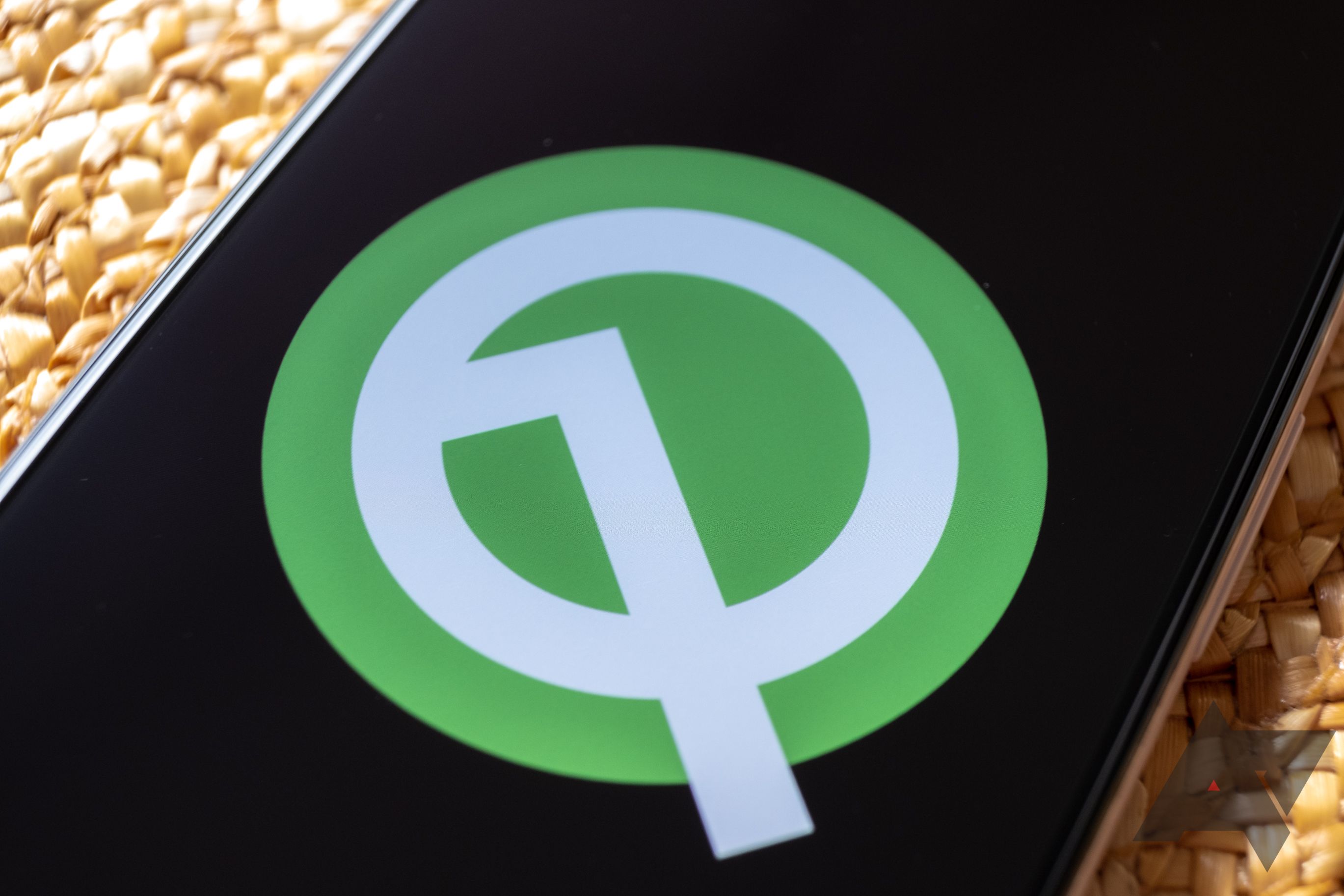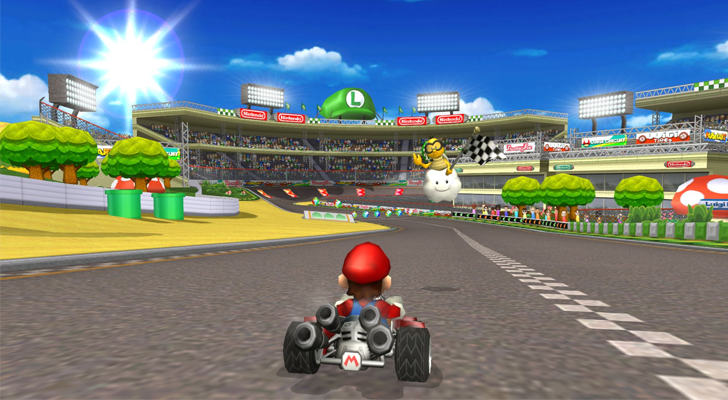latest

Steam for Chromebooks could be right around the corner
Early hands-on with Vulkan shows impressive performance gains on Chrome OS
Read update
Chrome OS isn't "just a web browser" anymore, as so many of its critics alleged in the platform's early days. It's come a long way, adding dedicated apps through the Play Store while working to improve productivity. Google is also working to bring Steam to Chrome OS with Borealis, but that on its own just isn't enough. Vulkan and its low-level API support are needed to provide a big boost of performance power for gaming, and it's getting closer than ever to reality.

Your Chromebook will be getting a massive gaming performance boost soon
Early benchmarks show speeds that rivals native performance
Read update
Linux for Chromebooks has come a long way since Google introduced it in Chrome OS 69 a couple of years ago. On supported devices, it opened the door to an extensive library of desktop apps for users, like video editing tools and IDEs. GPU acceleration was an important milestone that made graphic intensive Linux app usable on Chrome OS. This is thanks to Virgil 3D, a component that allows the Linux container to tap into the hardware's GPU. In exciting news shared by Luke Short from VMware, Google is working on adding Vulkan passthrough into Virgil to improve app performance.

Vulkan is one of the most popular graphics APIs, with cross-platform support, low-level hardware access, and no royalties. Android has allowed games to use Vulkan for years, and Google's new Stadia platform requires all games to use the API. Khronos Group (not to be confused with the Klingon homeworld), the organization responsible for developing Vulkan, has announced a new version that promises to make games even more efficient.

Today's I/O news is slowing down, but that doesn't mean that cool or important stuff has dried up just yet. Last year, Google announced that it was bringing support for Vulkan 1.1 to Pie, but now the company has said that v1.1 will be a requirement for 64-bit Android devices running Q or higher.

Dolphin, the much-loved Nintendo GameCube and Wii emulator, has been making strides in Android support over the past few months. It returned to the Play Store in August 2018, and a few months later, rumble emulation and other improvements were added. The latest update to the Android port has even more improvements in store, like Wii remote emulation and fixes for Android 9 Pie.First, this month's Dolphin update drastically improves visuals in some games when using the OpenGL rendering option. Games like Super Paper Mario: The Thousand Year Door used to look completely broken (and frequently crashed) on OpenGL, thanks to the games using a rendering effect called 'Bounding Box.' Dolphin couldn't emulate this effect properly on OpenGL due to a minor bug, which has now been fixed.

Android 7.0 was the first release to support 'Vulkan,' the cross-platform low-level graphics API designed as the successor to OpenGL. There are a number of Android games and emulators that utilize Vulkan, including the Dolphin emulator, PPSSPP, and 3DMark. Version 1.1 of the API was released in March of this year, and Google has now confirmed that Android P will include it.

If you've been waiting for Nougat to miraculously appear on your SHIELD Tablet... keep waiting. This is not the update you're looking for, but it's an update nonetheless. There will be minor improvements to both SHIELD Tablets including, but not limited to, an updated Vulkan API and security patches.

The Dolphin emulator is an impressive feat of software engineering. Starting as a GameCube emulator, it later added compatibility for Wii games, due to the similar architecture. Over the years, Dolphin has gradually improved game compatibility; they recently reported that every single retail GameCube game boots. Even accessories like the Wii Remote and Wii Balance Board work perfectly, and experimental Android builds of Dolphin have been in development for years.

Unity, if you're not familiar with game development, is a popular cross-platform game engine. Although Unity games can most often be found on PC and consoles, Android games utilizing the engine include Crossy Road, Monument Valley, Lara Croft: Relic Run, and more. Today Unity has announced the Vulkan Renderer Preview, finally allowing developers to use the Vulkan API with their games.

The Vulkan graphics API is a big deal for mobile developers, since its direct GPU access allows for complex graphics to be rendered with a considerably lower hit to the processor, and thus a lower overhead on the hardware and battery life. A few devices like the SHIELD family and Samsung's 7 series already supported Vulkan several months ago, but Nougat now features full support for all updated Android 7.0 devices. Developer Super Evil Megacorp, which turned heads last year with its Vainglory mobile MOBA, now has a beta version that uses the Vulkan API.

The SHIELD Tablet is still going strong, right there with the SHIELD Android TV. (The original SHIELD Portable, not so much. Hey NVIDIA, where's that SHIELD 2 you guys were working on?) The original tablet and the slightly newer variant, the K1, were both updated to Android 6.0 a couple of months ago after a rocky start. But for some reason the K1 is getting the latest incremental update first. K1 update 1.2 adds Android 6.0.1, including the security patches from March.

Unless you regularly develop video games or other visually-intensive programs, you probably don't know what Vulkan is. That's OK. But if you are in the habit of developing visually complex apps for Android, the news that Google plans to support the Vulkan API is a big deal indeed. And it looks like the company intends to jump into the Vulkan pool with both feet: Google has just hired an entire team of dedicated Vulkan developers and folded them into the Android team.






